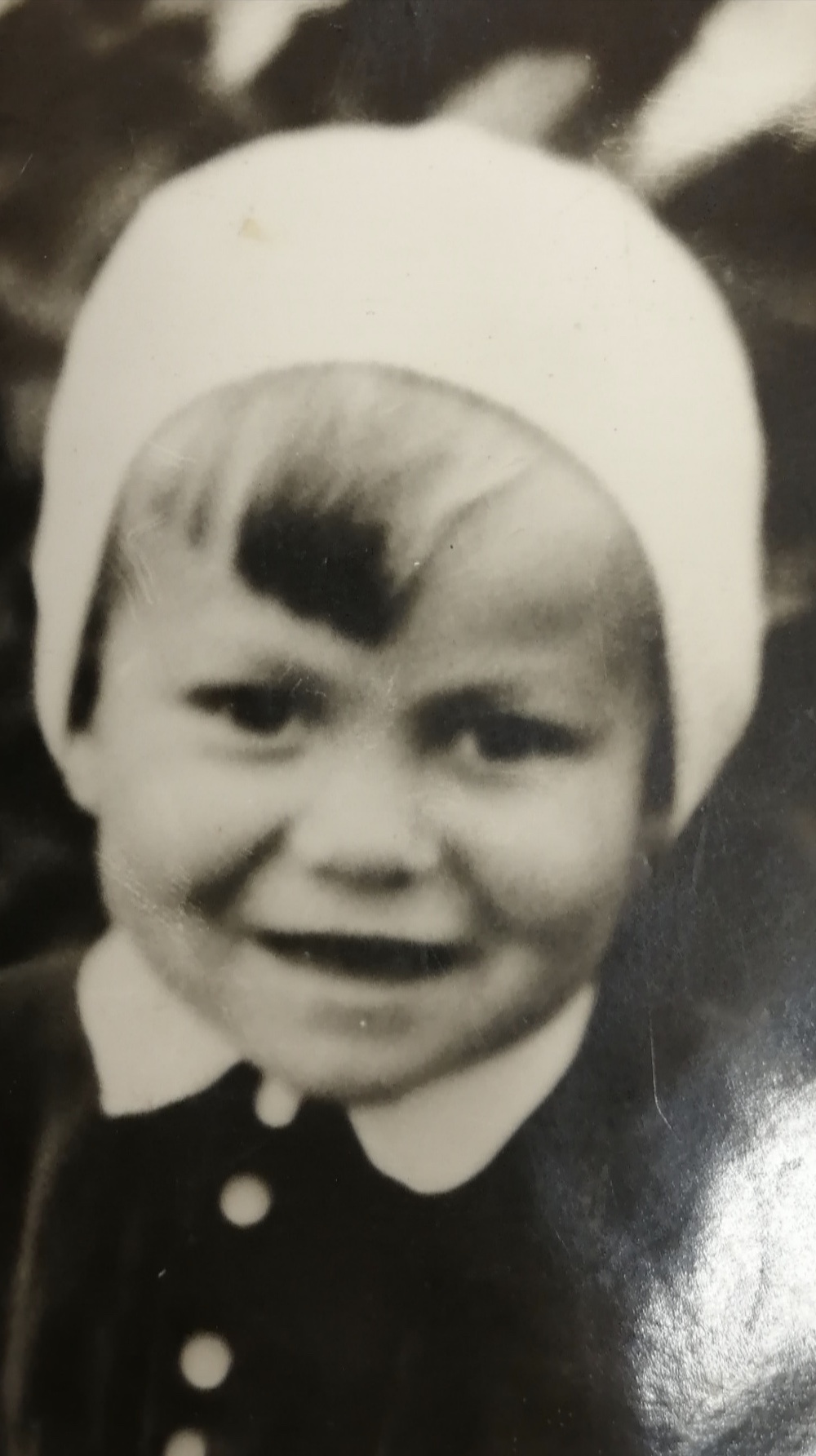You need to do something well, and not just for money

Stáhnout obrázek
Jindřich Rejnart was born on February 27, 1939 in Hradec Králové. After the war, the family moved to Choceň. His father became the head of the post office. He was a Social Democrat and refused to merge with the Communist Party. In March 1949 he was sentenced to nine months in prison. After a short time of living as a free man, he was recruited to a forced labor camp for two years. Jindřich Rejnart graduated from the School of Glass and wanted to continue at the Academy of Arts, Architecture and Design in Prague. He passed the exams, but was not accepted due to his father‘s political profile. He joined the glassworks in the village of Lednické Rovne in Slovakia. He again applied to the Academy of Fine Arts in Prague and this time passed the exams. Subsequently, however, he received a notification that he did not meet the conditions for admission and may not be accepted. In January 1960 he joined the military technical units. After the war, he returned to the glassworks in the village of Lednické Rovne. He enrolled at the Academy of Arts, Architecture and Design in Prague and was accepted this time. After graduating, he worked in glassworks as a glass designer again. After eight years, he became a freelance artist. Some of his glass vases were bought by galleries in Prague, Brno and Bratislava. He realized, among other things, mosaics and stained glass, for example at the chateau in Choceň and in the station hall in Hradec Králové. He also exhibited his glass works abroad. After 1989, he also began to study abstract painting. He taught figural painting and art history at the Hradební Secondary Industrial School in Hradec Králové and at the Ústí nad Orlicí Secondary Art School. He lives in Choceň.
